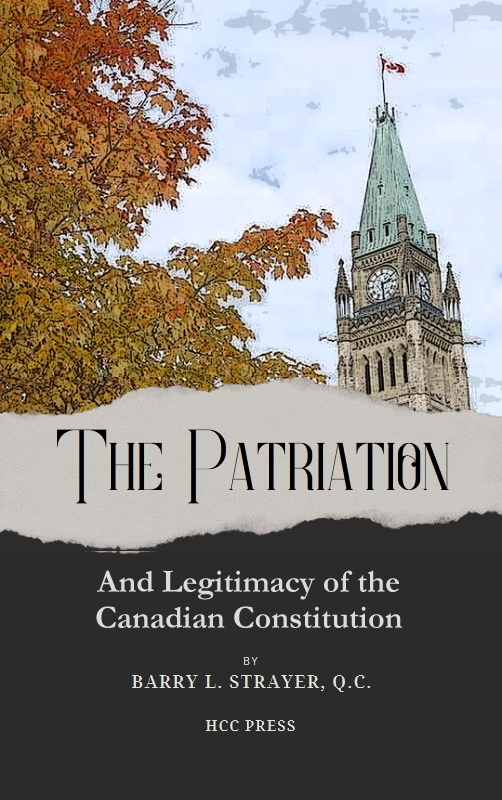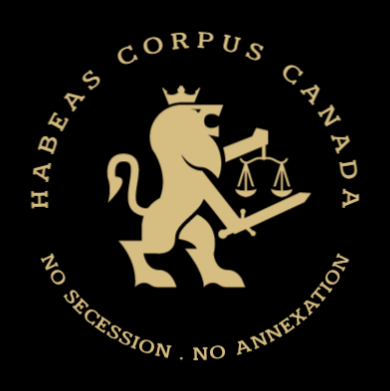You also may recall the important interventions by women’s groups and native groups after the November First Ministers’ Conference and before the final adoption of the resolution in Parliament. These interventions achieved further improvements. But I leave it to you to decide whether such activities of special interest groups should be viewed as the direct expression of the public will.
Conclusion
It is time for me to conclude, and I do so by some final speculation about the future of constitutional amendment in Canada.
I think we have put behind us any serious problems concerning the legal legitimacy of our newly amended constitution. I think that we have effectively and finally patriated the constitution and that no one can successfully challenge the validity of that action or the procedures we have put in place for future amendments.
But what have we learned about the sources of political legitimacy for future amendments? It is true that legally, according to the new amending formula, amendments will have to be made with the approval of the two Houses of Parliament plus the approval of the legislative assemblies of one, some, or all provinces, depending on the nature of the amendment. But is that going to determine where the effective political decisions will be made for such amendments? In the past we have seen that the location of legal and political powers of amendment have not always been identical, and I see no reason why we should expect them to be in the future. If we simply assume that the future will be a mirror of the past, we will expect that the real decisions about constitutional change will be made through executive federalism, at least at the provincial level, with perhaps the Senate and the House of Commons having a meaningful involvement in the process and most provincial legislatures having only a token role. While theoretically it is possible for the new machinery to be operated on the basis of prior public endorsation [sic] by referendum, or by elections held on the issue of amendments, nothing in our past experience suggests that this will happen.
Well, that is the “Canadian way” and maybe it is the right way. But I cannot help but wonder whether some kinds of changes in our governmental system — changes that might be popular but that might inconvenience those who happen to be in power at either or both levels of government at the relevant time — will ever be brought about in the “Canadian way”.
– 30 –
![]()

